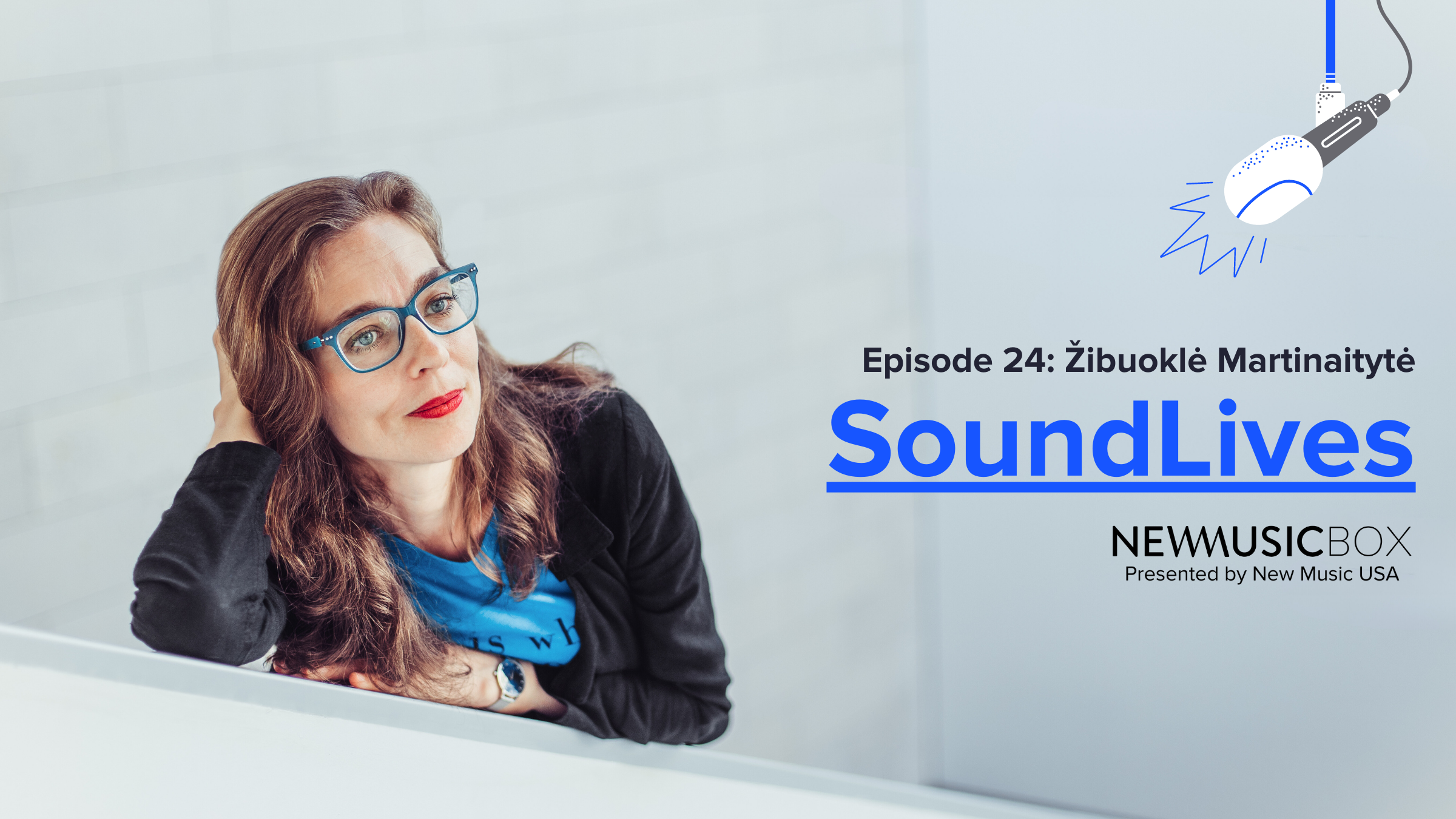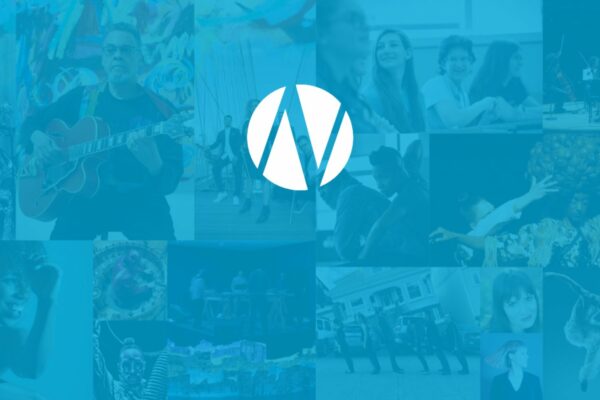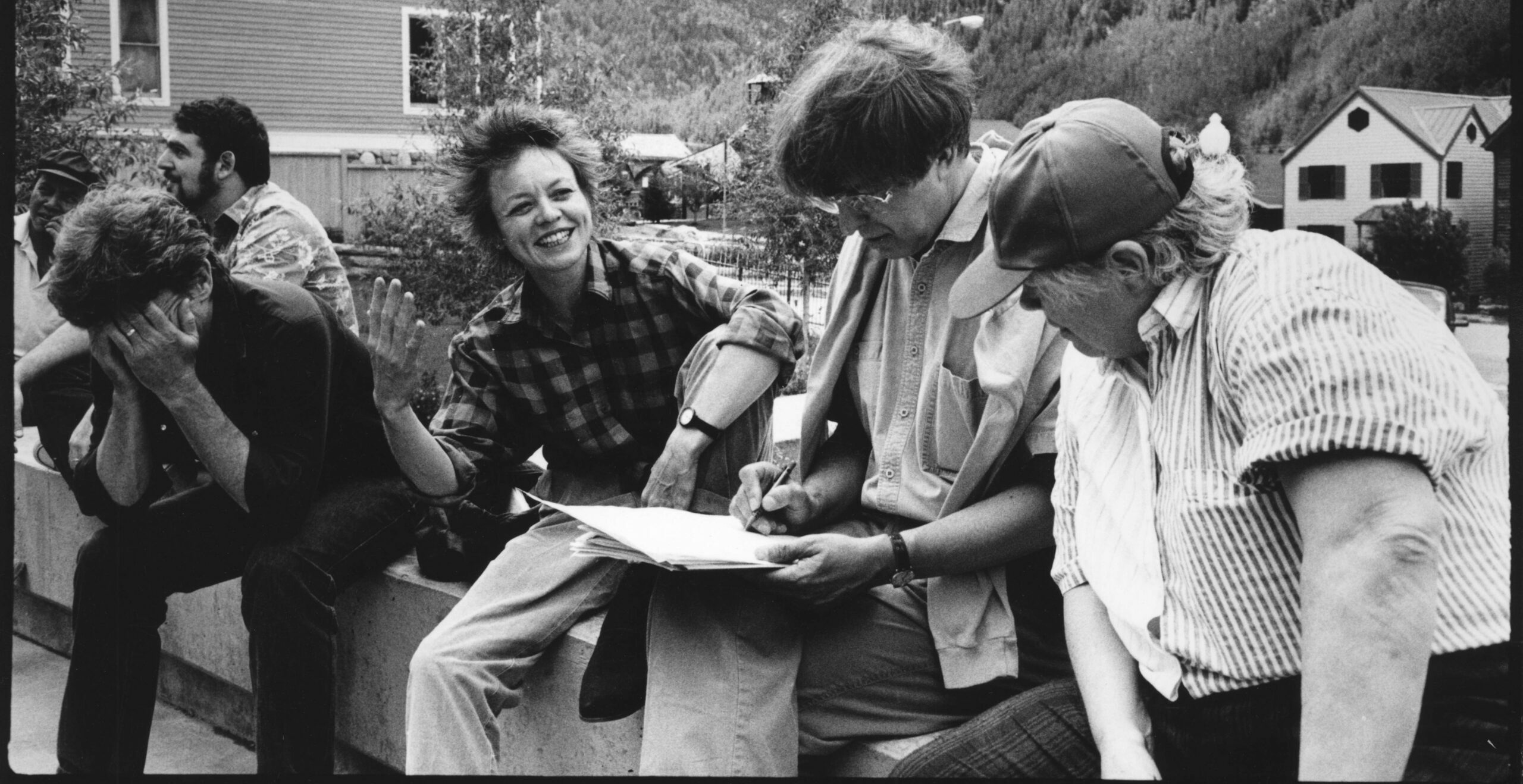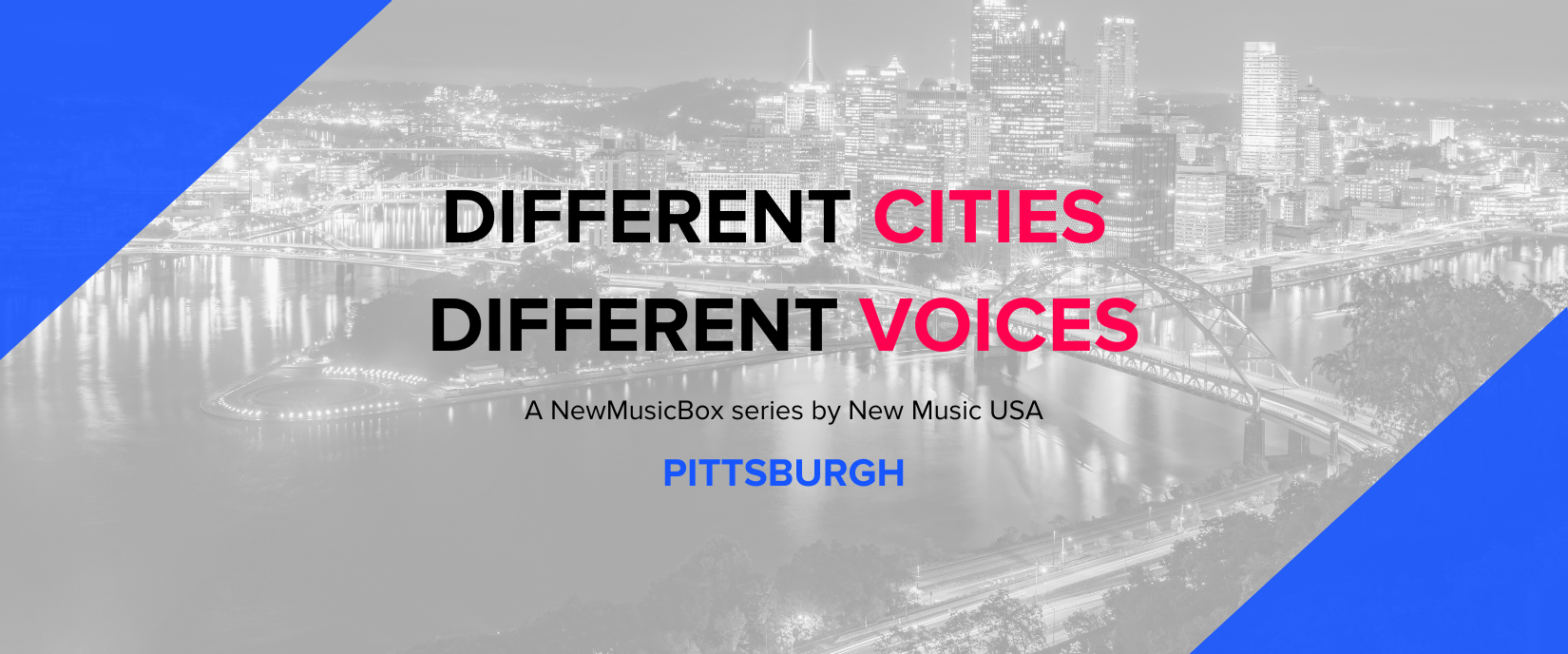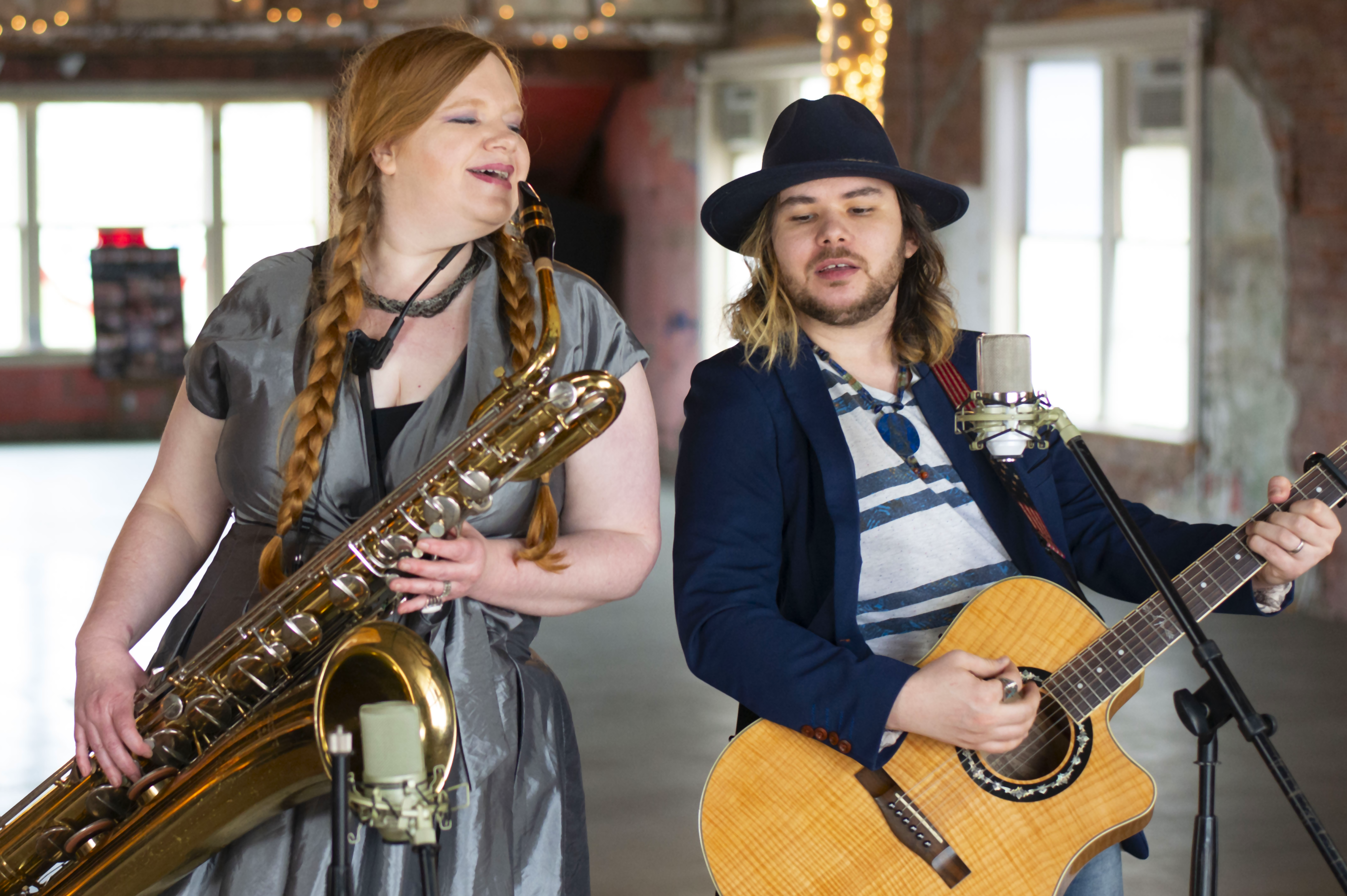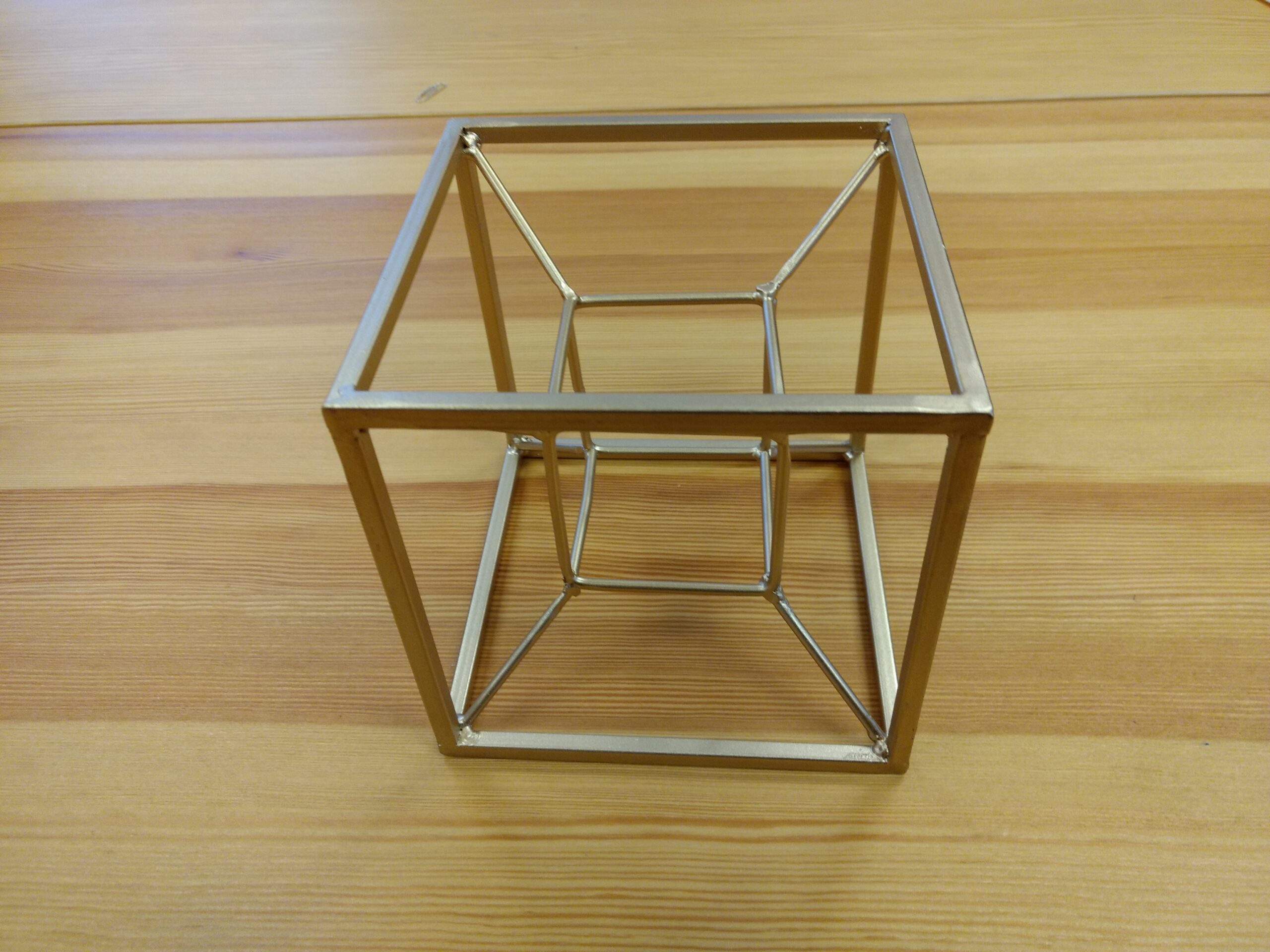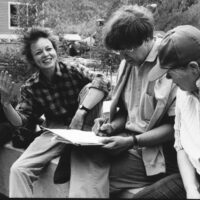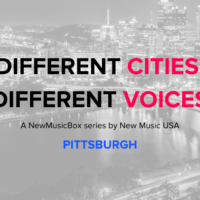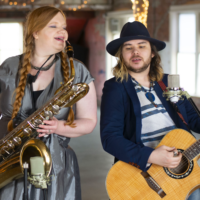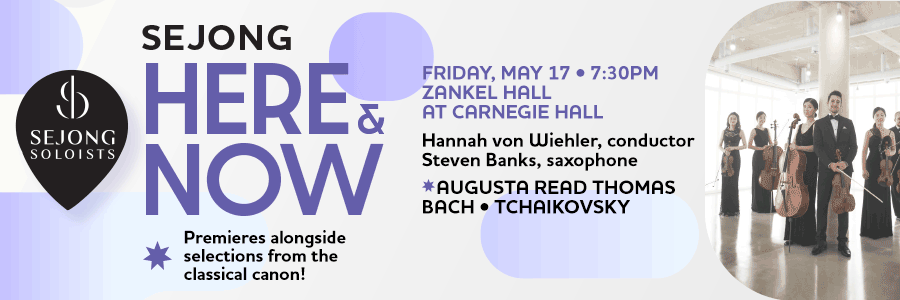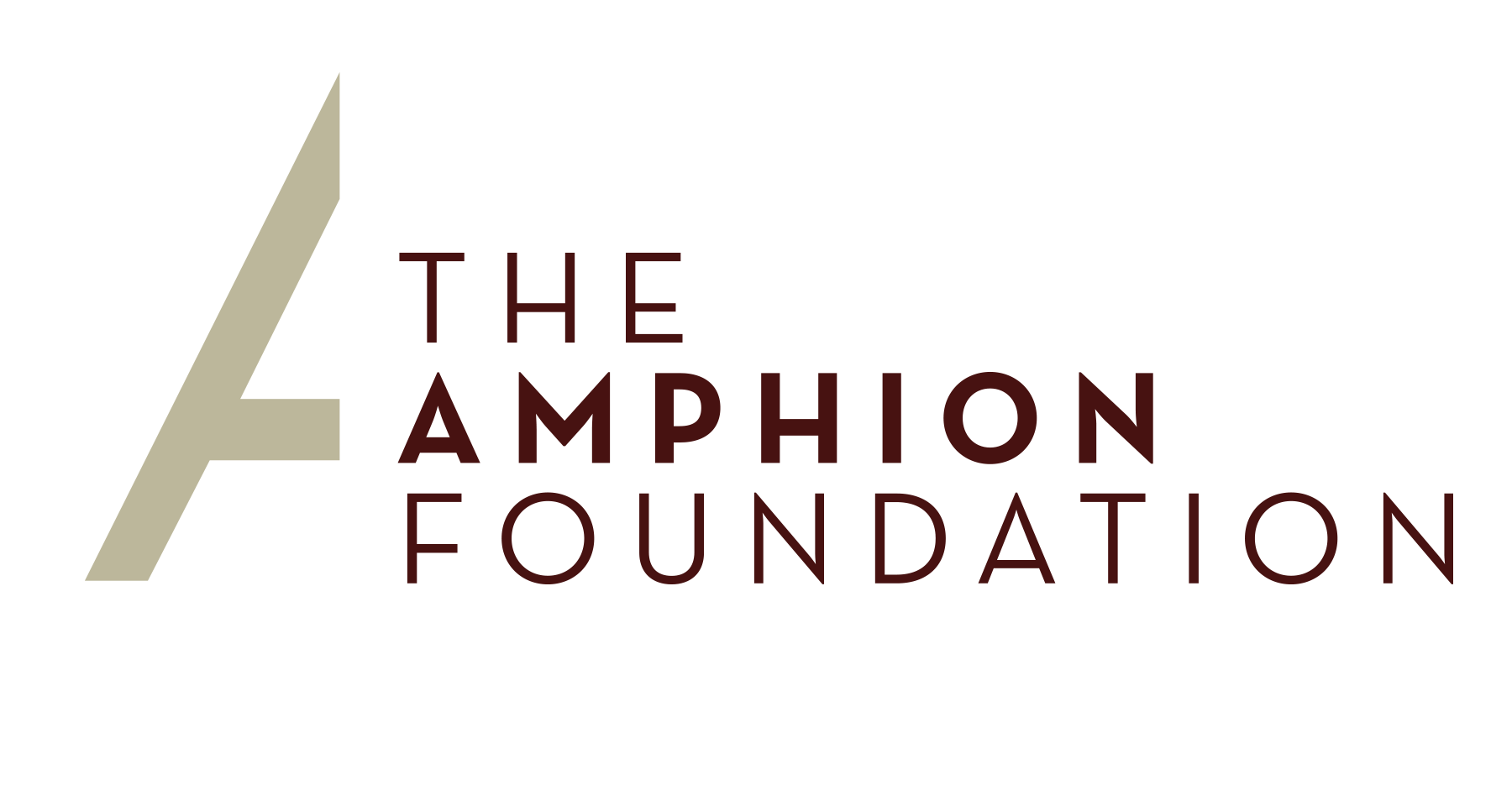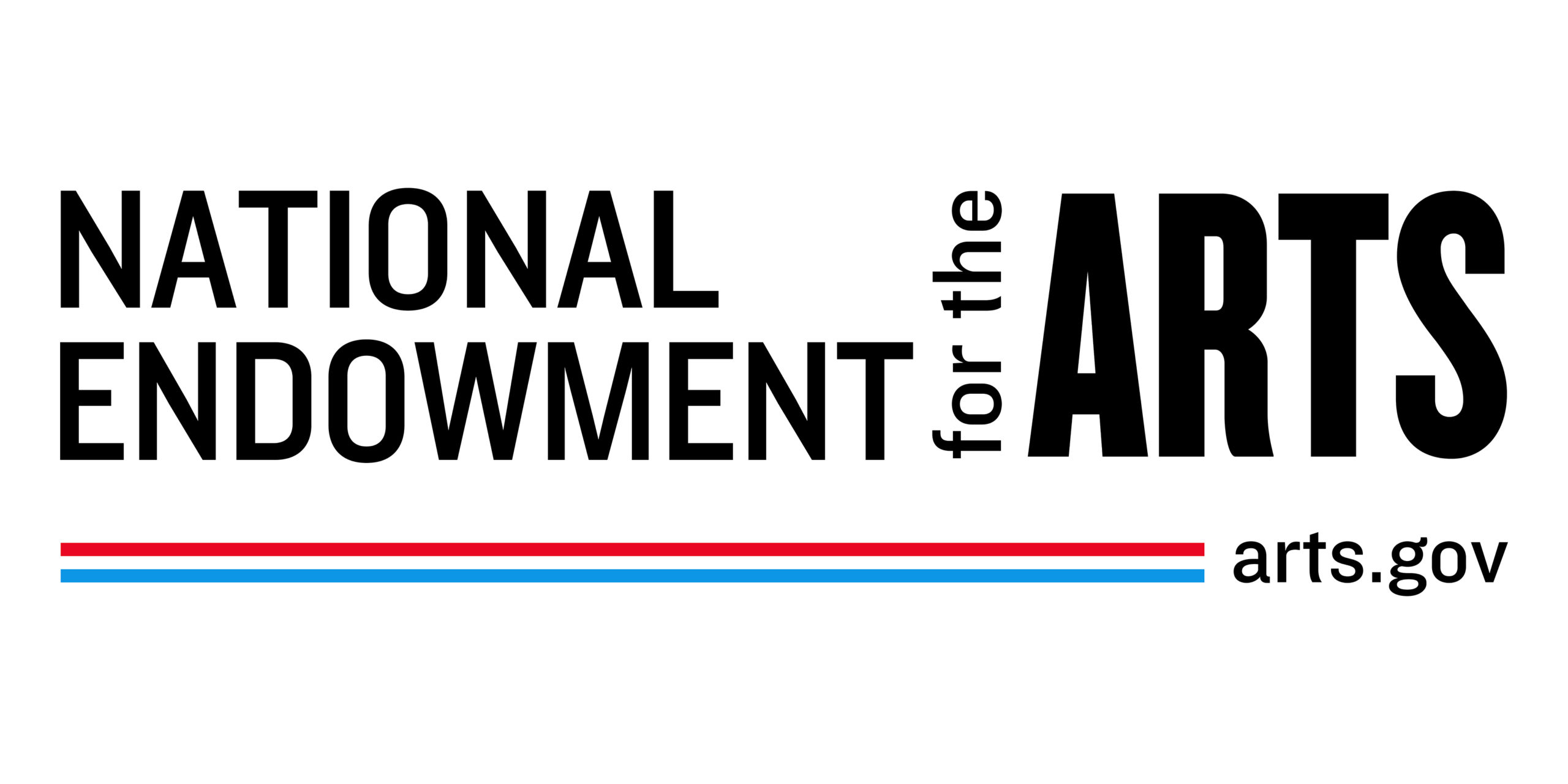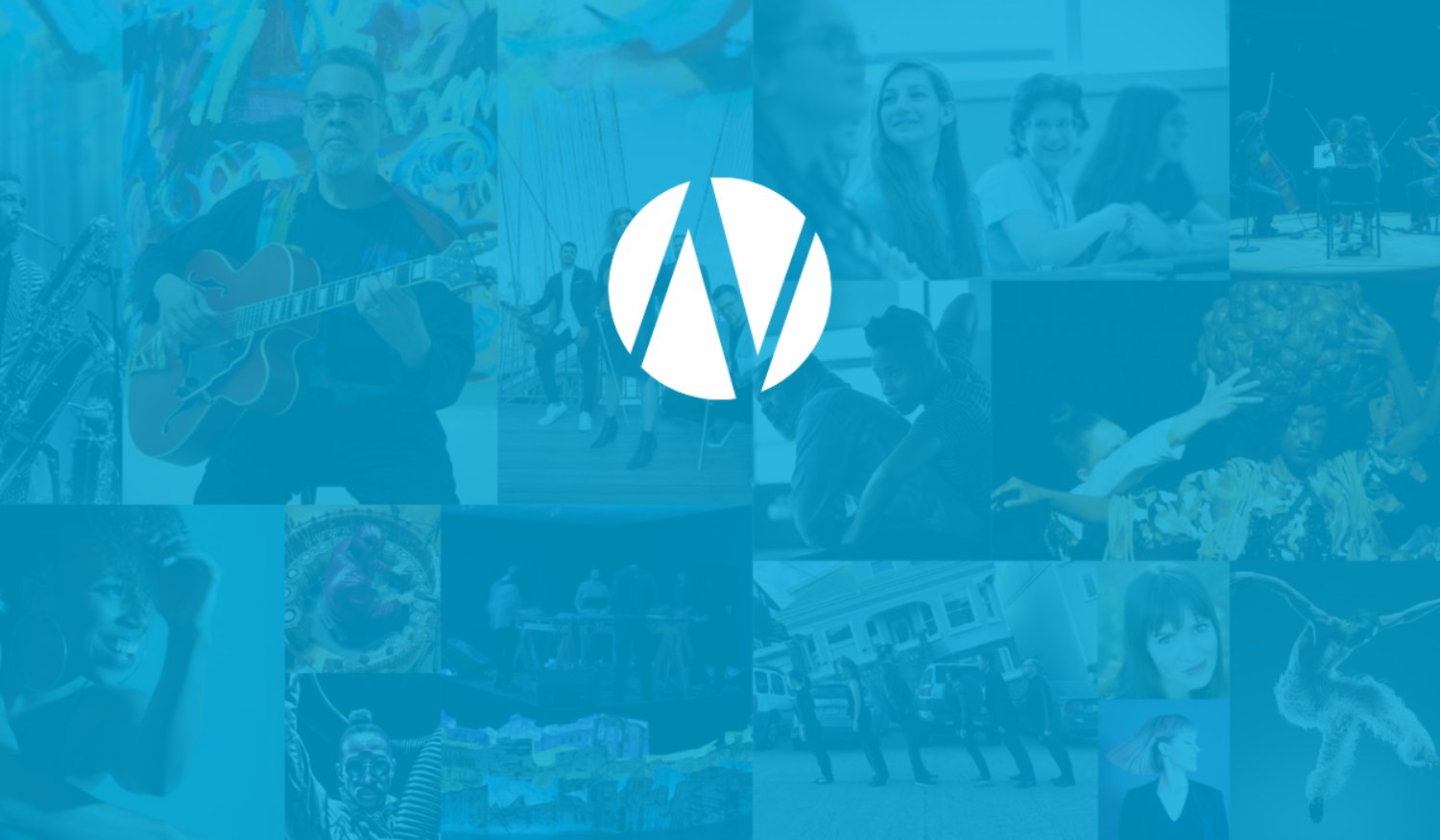
What is it about the music industry that seems to dissuade so many talented artists? Some suggest that physical beauty might place an insurmountable obstacle in the way of an artist being accepted as such. But it could just come down to money … or could it?

If you follow the American Composers Orchestra and you stay on top of your composer opportunities, you might have noticed ACO’s most recent Earshot post on Facebook: readings for emerging African-American composers. I was surprised to see some comments that weren’t so positive–comments that reflect some dangerous thinking.

Copland House has announced the names of eight American composers from five states and Great Britain selected for all-expenses-paid residencies during the 2013-14 season at Aaron Copland’s National Historic Landmark home in New York’s lower Hudson Valley.

I’m going to admit what is probably my deepest, darkest musical secret. Of all the potentially career-ending things I’ve said online, this may potentially be the worst. Here we go…

Individual performers, composers, organizations, presenters, and other artists can all apply on behalf of their projects simply and at no cost. The new system boasts a streamlined process designed to allow music makers to showcase their work and ask for the support they need in a succinct and efficient manner. The first deadline is November 4.
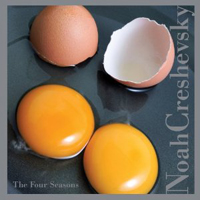
Noah Creshevsky’s expansive 2012 sample-based composition The Four Seasons, which forms the basis of his latest CD release on Tzadik, is hardly without precedent. For starters, there’s Vivaldi, but also Haydn, Fanny Mendelssohn, Glazunov, John Cage, Wendy Carlos, Chen Yi, etc. However, it is one of the most meticulously crafted renderings of this much-traversed concept and is arguably the most elaborate of all of his musical creations thus far.

Although the president of Local 802 implied that “abandon[ing] an accessible repertoire … resulted in financial disaster” for New York City Opera, most NYCO premiere performances I have attended over the years were packed. In fact, every opera company in the United States would better serve American audiences by presenting more contemporary American operas.

In our contemporary music landscape, long-term collaborations can be logistically and financially difficult to achieve. Two weeks ago, I visited violinist Austin Wulliman and composer/bassoonist Katherine Young in their studio and was intrigued to see them working together in an entirely new context.

The more consistent one’s style and language are, the easier it is for a select group of performers and listeners to form a strong relationship with a composer over time. Conversely, less consistency can increase the variety and numbers of performers and audiences that enjoy a composer’s works.

Today’s world of music, while filled with heartfelt respect and affection, is also filled with contradictions and subterfuge that can lead many to psychic states ranging from hilarious disbelief to despondent bitterness.

It might be a good idea to imagine a new middle ground between artist and audience, a new medium. But it’s hard to imagine who will occupy that role. Who will advocate for our music, if not us?

The following letter of resignation by Aaron Jay Kernis, the director of the Composer Institute at the Minnesota Orchestra, was submitted earlier today to President Michael Henson, the board of directors, as well as the musicians and staff of the Minnesota Orchestra.

Morton Subotnick has been living in a technologically transformed world that is “beyond history” since 1959. But the personal musical transformation of this electronic music pioneer did not happen overnight.

I have had a somewhat ambiguous relationship to music education throughout my life. Early guitar lessons were more of a straitjacket than a path to musical creativity, and I ran away from the teacher during my sole piano lesson. I only studied composition formally for one semester and never did anything I was assigned to do. Yet I no longer brag about being self-taught, because many teachers have influenced me.

Congratulations! You have made it to the end of Education Week at NewMusicBox. And, as with any educational rite of passage, for your time, trouble, and effort, you deserve that privilege of scholars everywhere: a commencement and the singing of an alma mater.

There are three ways of learning any subject: (1) mentorship, (2) independent scholarship, and (3) the academic setting. For reasons of racial disparity, jazz was primarily learned throughout the 20th century by independent scholarship, coupled with mentorship; the latter being largely part-and-parcel of on-the-job training.

In the past several years, the San Francisco new music community has been energized by a wave of performers emerging from SFCM who are deeply, and in some cases exclusively, committed to the creation of new work, supported by a tightly knit network of composer peers and mentors.
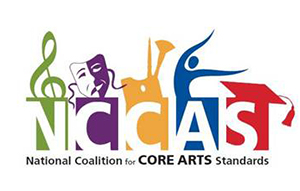
The point of playing clarinet in a public school setting isn’t to prepare for a career in a symphony orchestra, but to allow students to see themselves, their work, and their life through a new, creative lens.

Three years ago, I began a job teaching English as a second language (ESL) at the Boston Conservatory. There were no pre-existing texts for teaching second-language learners to use English to write and speak effectively and naturally about music, so I made my own. Despite success in many aspects of this endeavor, a glaring problem remains: my students have tremendous difficulty with the seemingly simple task of describing a piece of music.

I am quite certain that I would not be a composer today were it not for having received an eclectic liberal arts undergraduate education, and I think there are plenty of young people out there now who, like my younger self, need something a bit different than the laser-focused, technical musical education one might receive at a conservatory or through some other types of programs.

When considering new directions in music education, examining how students are taught is important, but so to is developing ways to reach students who otherwise might not have the opportunity at all. Through El Sistema, hundreds of thousands of Venezuelan musicians have been educated over the past three decades; El Sistema USA is now providing ensemble music lessons to thousands of underserved students throughout the US as well.

I think we have a duty beyond simply teaching the material. We must also justify it and show how the knowledge we’re imparting is vital, interesting, and beautiful. Yet while music theory, and the fascinatingly intricate way it interacts with actual music, is all three of these things, four-part voice leading exercises are often none of these things.

Jazz pianist and composer Vijay Iyer and classical pianist/writer Jeremy Denk are among the 24 awardees of 2013 MacArthur Fellowships.

At first glance, the opportunity to take free online courses from some of the country’s most prestigious universities sounds great. But for some educational stakeholders, these classes represent a threat to higher education as we currently know it. So, what are the risks and what are the benefits for the music field?
